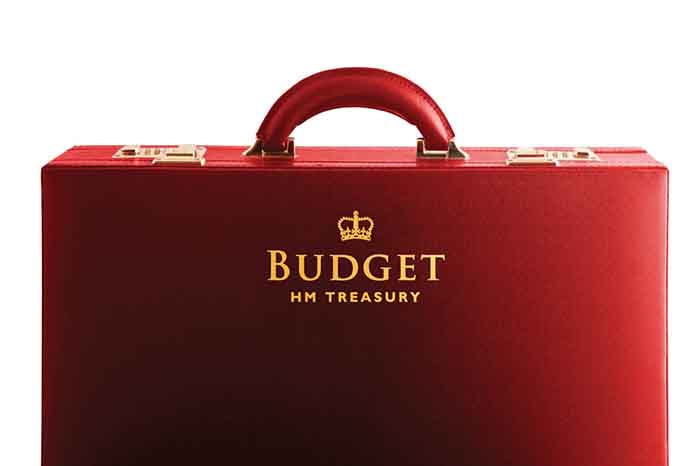The Chancellor has little room for manoeuvre in the upcoming Budget and is now stuck between the proverbial ‘rock and a hard place’, the institute said in a report published on Monday.
The IFS noted Hammond’s struggle to balance his commitment to building a budget surplus with growing demand from ministers and the public for more spending on the likes of the NHS, education and prisons.
Any positive news about the budget deficit, which could be £7bn less than initial forecasts for 2017, would be offset by damning productivity figures from the Office for Budget Responsibility (OBR), the report said.
The OBR’s assumption that productivity grew at just 1% a year would “easily dwarf” any positive budget news and mean borrowing could be £12bn higher in 2020-21 than first predicted.
Thomas Pope, one of the authors of the report titled, ‘Autumn 2017 Budget: Options for easing the squeeze’, said Hammond had been dealt a very tricky hand.
“The political arithmetic makes any significant tax increase look very hard to deliver”, Pope said.
“It looks like Hammond will face a substantial deterioration in the projected state of the public finances: were the OBR to downgrade productivity growth halfway towards the terrible experience of the last seven years, this could add £20bn to borrowing five years out.
“And, in the known unknowns surrounding both the shape and impact of Brexit, he faces even greater than usual levels of economic uncertainty.”
Carl Emmerson, deputy director at the IFS, said the continued uncertainty created by Brexit, coupled with added economic pressures, meant pursuing a budget surplus from the mid-2020s onwards was “no longer sensible”.
Rather than succumb to pressure to spend more, the report noted that additional austerity was planned for the next few years with public spending due to fall by 1.7% of national income and real-term day to day spending would fall by £15bn over the next four to five years.
Further austerity would fall on top of the £12bn benefits cut in the pipeline and the £29bn worth of cuts put in place since the Conservative party entered power in 2010.









